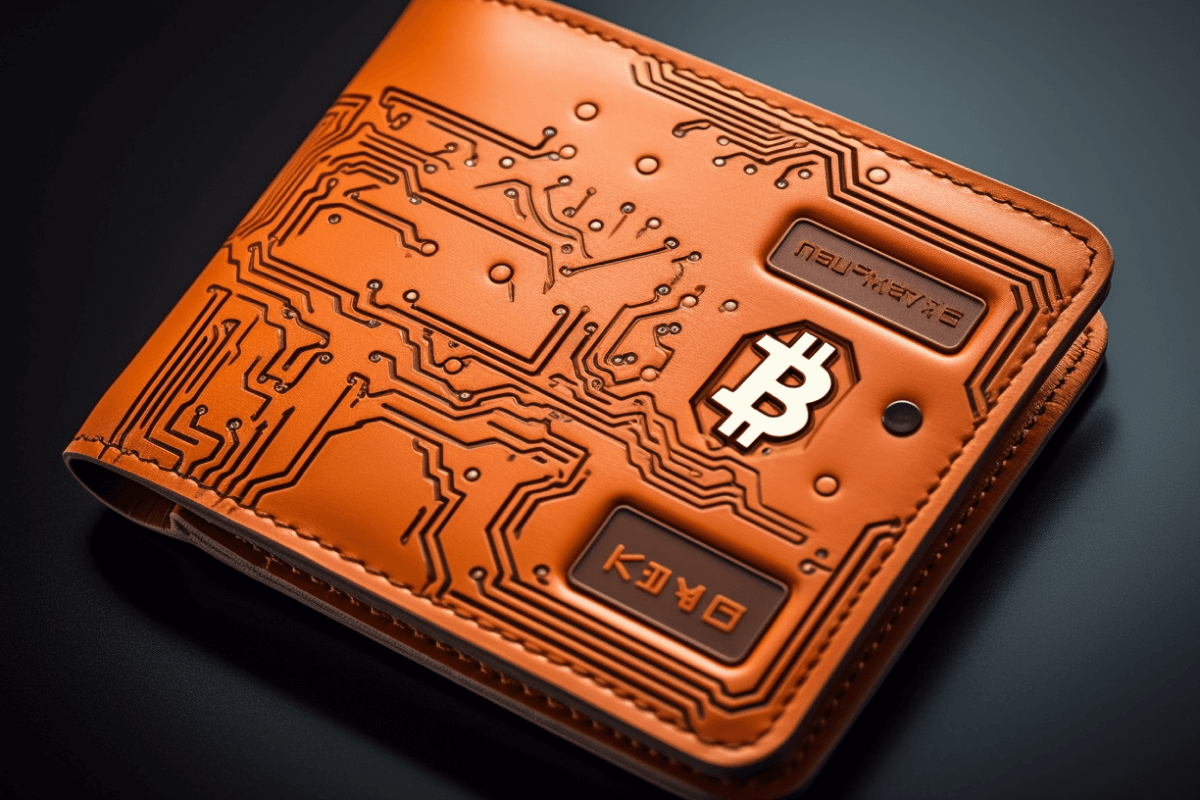In the ever-evolving landscape of cryptocurrency, safeguarding your digital assets is more critical than ever. With an array of storage options available, the decision often boils down to two primary contenders: hot wallets and cold wallets.
Each offers distinct advantages and drawbacks, catering to different user needs based on factors such as convenience, security, and frequency of transactions. Are you a trader constantly diving into the market, or an investor seeking long-term security? As we explore the nuances between these two storage methods, understanding their fundamental differences will empower you to make informed choices when it comes to protecting your valuable cryptocurrencies.
Let’s delve into the world of digital wallets and discover the best fit for your crypto journey.
Understanding Wallet Types

When delving into the world of cryptocurrency storage, it’s essential to grasp the differences between hot wallets and cold wallets, as each serves a distinct purpose in safeguarding your assets. Hot wallets, often connected to the internet, offer convenient and instantaneous access, making them ideal for active traders who use Best Crypto Exchanges and require liquidity and speed. These wallets, however, come with heightened vulnerability to cyber threats—hackers can strike when you least expect it.
On the other hand, cold wallets provide a fortress for your digital coins, storing them offline and away from prying eyes. Whether you choose a hardware wallet, which looks like a USB device, or a paper wallet, which involves writing down your keys, cold storage ensures the utmost security.
The choice between these wallet types hinges on your specific needs: if you prioritize accessibility, hot wallets will suit you; if safeguarding your investments is paramount, a cold wallet will offer peace of mind. In the end, understanding these wallet types sets the foundation for more informed and strategic decisions in your crypto journey.
Security Considerations

When choosing between a hot wallet and a cold wallet for crypto storage, security considerations must be at the forefront. Hot wallets, inherently connected to the internet, offer convenience and immediacy, making them ideal for active traders who require quick access to their assets.
However, this connectivity exposes them to increased risks of hacks and cyberattacks. In contrast, cold wallets—whether in the form of hardware devices or paper printouts—provide a fortified barrier against online threats, effectively shielding your assets from malicious actors.
Yet, they come with their own nuances; their offline nature can make access cumbersome, especially in a fast-paced market. Thus, understanding the balance between ease of use and security risk is essential.
When considering your crypto storage solution, assess your trading habits, the volume of assets you hold, and your comfort level with potential security measures—because in the world of cryptocurrency, one small oversight could spell disaster.
Accessibility and Convenience

Accessibility and convenience are pivotal factors when choosing between a hot wallet and a cold wallet for cryptocurrency storage. Hot wallets, being connected to the internet, facilitate quick access, enabling users to make rapid trades and transactions at the drop of a hat—ideal for those who thrive on market volatility or who simply want to manage their assets with ease. Imagine having the ability to send or receive funds at any moment, no matter where you are—this instant connectivity can feel like a superpower in the fast-paced crypto world.
Conversely, cold wallets, while undeniably secure and excellent for long-term storage, demand a bit more effort to access, often requiring additional steps or hardware to retrieve your funds. The trade-off is clear: enhanced security comes with a layer of inconvenience.
Therefore, balancing these aspects based on your personal trading habits and security needs is essential for making an informed decision.
Conclusion
In conclusion, choosing between a hot wallet and a cold wallet for your cryptocurrency storage ultimately depends on your individual needs, investment strategy, and risk tolerance. Hot wallets offer convenience and accessibility for those who actively trade or manage their crypto assets, making them suitable for day-to-day transactions.
On the other hand, cold wallets provide enhanced security for long-term storage, safeguarding your holdings from potential online threats. By carefully assessing the pros and cons of each option, as well as staying informed about the offerings from best crypto exchanges, you can make a well-informed decision that aligns with your financial goals.
Remember, regardless of which type you choose, prioritizing security measures and regularly updating your knowledge about the crypto landscape is essential in ensuring your investments remain protected.




